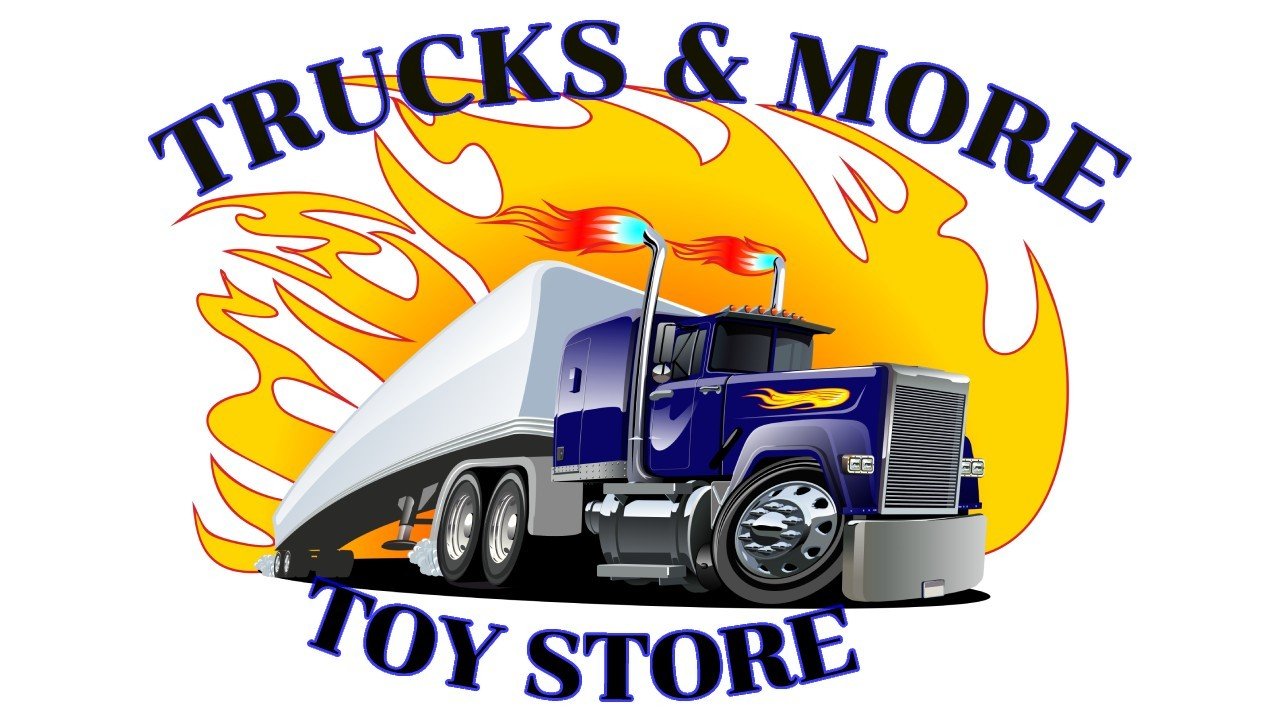Why are semi trucks called “Semi Trucks?”
May 28
It is common for everyone to pass semi-trucks on the highway, but rarely do people ask important questions, such as how semi-trucks got their name, which is an interesting story. It is possible that you have stumbled upon this article while looking for useless knowledge. Maybe you’re a daring individual who is also striving to find the answers to the deepest questions in life as well. Questions like why they’re even called semi-trucks in the first place.
Why Are Semi-Trucks Called Semi-Trucks?
There is a first rule of the English language that it makes no sense at all. The words cough, tough, though, and through do not rhyme, in spite of the fact that the spelling of these words is almost identical, but pony and bologna do. The majority of English majors are utterly baffled by it. But let’s take a look at the prefix “semi” for a moment.
Semi Trucks are great, everyone needs one!
A semi is defined in English as “part of something,” which implies that the truck itself is a part of something larger, which is true in a sense. It is important to note that there is a big misconception when it comes to the term “semi-truck”, because it is actually short for “semi-trailer truck”. It is important to note that the semi part of the name doesn’t refer to the truck, it refers to the trailer.
There are two types of semi-trailers: semi-trailers, which are part of a trailer, and semi-trailers, which are not full trailers. When a large metal box is barreling down a highway at close range, every part of the body of the driver can become frightened. So what’s missing?
Wheels are the key to unlocking the secret to success. In an 18-wheeler, the truck itself has ten wheels, and this leaves eight wheels for the trailer, so the trailer itself has 10 wheels. In order to distribute the weight of the payload evenly, the wheels are usually stacked next to each other. However, due to the fact that these trailers only have axels in the rear, they are regarded as “semi” trailers.
The axles on the front and the rear of a full trailer would each have a set of wheels on them. There is no better example of this than airport tugs, the ones that shuffle your luggage around from one end to the other. In the case of trailers with axles on both the front and the back, they would be considered “full-sized,” while the case of a mobile home that attaches to the back of a pickup truck would be considered “semi-sized.”
What Are The Different Styles Of Semi Trucks?
1. Flat Roof Sleeper
A sleeper cab or truck sleeper is a semi-truck that has an enclosed compartment attached to the cabin that is used for the truck driver(s) to sleep and rest while on the road. In general, bunk beds have a storage compartment on the side as well as a bunk. In comparison to a sleeper with a flat roof, the flat roof sleeper has a smaller headroom.
2. Mid-Roof Sleeper
A 76-inch mid-roof sleeper is a semi-truck that has a compartment attached to the cabin for the driver(s) of the truck to rest and sleep during the nighttime. An average bed comes with a television, a storage compartment, and a bedside table. Compared to a mid-roof sleeper, the mid-roof sleeper offers slightly more headroom and space because of its rounded roof.
3. Raised Roof Sleeper
In the case of a raiser-roof sleeper, is a semi-tractor that comes with a compartment attached to the cabin for the truck driver(s) to rest and sleep while on the road. A number of sleepers feature premium sound systems, flat-screen TVs, storage towers, and a flat-screen TV in the front. Among all the types of sleepers, the raised-roof sleeper has the highest roof for greater room and improved driver comfort.
4. Day Cab
An ideal day cab tractor is one that is designed to take you on a day trip. As far as the overnight sleeping compartment is concerned, it does not come with this package. Typically, the purpose of the day cab is to be able to hook up and haul a large load on a short trip within the same day.
As a vital part of the American economy and other economies around the world, semi-trucks play a crucial role. It is clear that the economy would suffer if there were no semi-trailer trucks hauling freight, produce, and goods all the time. 18-wheelers are iconic. The trucking industry is a part of Americana, with movies about trucking and songs about trucking driving.





